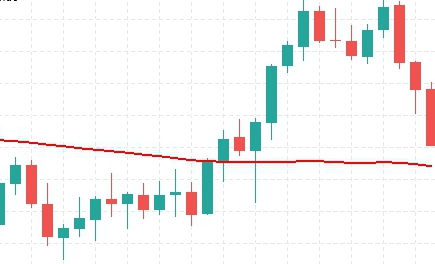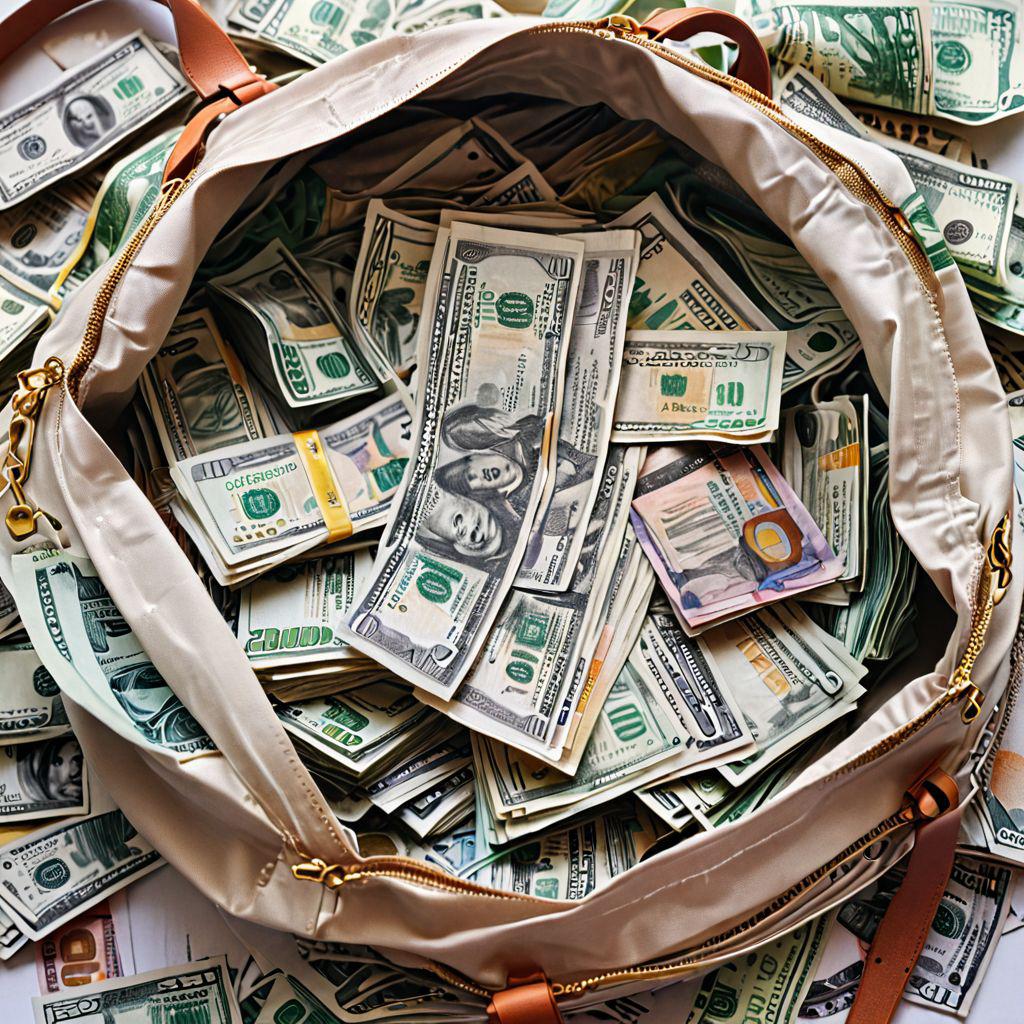Physical Address
304 North Cardinal St.
Dorchester Center, MA 02124
Physical Address
304 North Cardinal St.
Dorchester Center, MA 02124
Forex can be hard and emotionally draining, especially when you are new to the system. You will experience back-to-back losses that can make you question if the online gurus actually make money from this market like they show off. Or are they just making money from selling courses, mentorship, and signals?
I’ve been in such a situation before, but now I’ve figured out what works for me. So all you need to do now is go get yourself a cup of coffee, relax, and keep sipping it as you go through my detailed article on how to become a profitable forex trader within three months.

Forex trading can also be called foreign exchange trading; this act involves buying and selling currency pairs on the financial markets with the aim of making profits. The Forex market is still the largest market, with trillions of dollars being traded on a daily basis by institutions, banks, governments, and retail traders like us.
Now that you’ve already known what forex trading is all about, I will be going into full details on what you need to know and also do, which can help you attain profitability in the forex market. These include:
Many who just joined the forex market will be new to this term and be asking, “What Is Risk Management?” Risk management is the act of managing your capital to minimize loss and maximize profitability on any winning trades. This involves setting your SL at the right place. Having a consistent and good risk-reward ratio. And always take profits at the right time.
Let’s say you have $100 in capital and you decide to be risking only 3% of your capital on a particular trade. 3% of $100 is $3. This means that any execution you will make with the $100 account, you will be risking $3 only.
Now if your equity is reduced to $85, and you are still maintaining the 3% risk. This means that you will be risking only $2.5.
Not everyone knows the mathematics behind risk management, but in this article I will make it very understandable for every forex newbies.
Risk management =
percentage risk ÷ 100 × Capital.
From the second instance given above.
3% ÷ 100 × 85 = 2.55
You can gain more knowledge about trading if you keep trading. Applying proper risk management is the only act that can keep you in the market and help you get more knowledge on how it works.
For instance, if you have a capital of $100 and you are risking $3 per trade, and in a whole week, you executed a total of eight (8) trades targeting a 1:3 risk-to-reward ratio. Now let’s make the calculations.
First trade hit SL = -$3
Second trade hit SL = -$3
Third trade hit TP = +$9
Fourth trade hit TP = +$9
Fifth trade hit SL = -$3
Sixth trade hit TP = -$9
Seventh trade hit SL = -$3
Eighth trade hit SL = -$3
Profits = $9+$9+$9 = $27
Losses = $3+$3+ $3+ $3+ $3= $12
$27 minus $12 equals $12.
In all, we still have $12 profits even after hitting SL more than we hit TP. You see why risk management is very good as a trader.

Trading is not a get rich quick scheme; it’s a hard way to make easy money. If you go to social media, you will see how people show off their lifestyles, and you jump into forex with such psychology to make it to their level within a few months to years. Believe me when I say forex will definitely not treat you nice.
To have a good trading psychology, you need to have a source of income because forex is capital intensive. You need money to make more money in the forex industry. Having a source of income will prevent you from trading with your school fees, house rents, or your feeding money.
There is a psychology behind trading with your house rent or school fees as a beginner; this can make you go emotionally, thereby making you lose more money in the market. So trade the forex market with the money you can afford to lose.
This revolves around the act of opening a trade and closing it when you are in a small profit and holding it when you are in a massive loss, thinking it will come back to profits.
The forex market can’t just move in one straight direction; it will definitely dance around before it makes a particular move, so you are expected to control your emotions. Apply proper risk management, execute, and allow the market to do its thing. You need to be emotionless to become profitable in the long run.
I’ve come across some traders who gamble in the forex market; they don’t have any knowledge of technical analysis. They just look at the chart or candlesticks and sell because the market is selling or buy because the market is buying. This is very bad. If you don’t have any knowledge of technical analysis, I advise you to go seek the knowledge first if truly you want to be a trader.
You get the knowledge by paying for mentorship, buying a course, or better yet, going to YouTube, because all the information you need is there for free.
As much as you are gathering knowledge about technical analysis, I will also advise you to get more knowledge on fundamental analysis as well. Because the fundamental knowledge is what basically moves the market, especially for those trading the financial markets. You get knowledge of the fundamental analysis by following the news or looking at some economic calendar before your daily analysis.
When you feel like this method of trading will actually work for you, the best thing you need to do is backtest it. Check how frequently profitable it can be over time before depositing to trade properly. There are some cases when you will have back-to-back losses; also apply this backtesting method. Go back and check if what you think works still works, then try and figure out where the problem for back-to-back losses is coming from.
After backtesting your strategy, it’s another thing to be disciplined and stick to that strategy that works for you. Sticking to your strategy will help to reduce excessive trading. Excessive trading is not good, and it ruins one’s trading emotions. But sticking to a particular trading strategy will definitely help to reduce excessive trading.
A broker is like a mediator between the financial markets and the trader. You need to deposit money with your broker to access the financial markets. Before making a deposit with a broker, make sure you do diligent research on the trustworthyness and reputation of the broker.
These are a few basic things you need to confirm with a broker before choosing to deposit your money and trade with them.
My recommendation for the best brokers.
For synthetic indexes, I recommend DERIV.
For currency pairs, recommend OCTAFX. These are exactly what I use for my day-to-day trading.
>Click here< to be redirected to the Octafx official website. Sign up to keep getting 50% lifetime Bonus on any amount you will be depositing.
One can be profitable in forex in the long run by following these few rules, which I’ve portrayed above. Take it as your personal business, invest in it in various ways you think that can make you get more money, and I can assure you that forex will definitely change your life. If you check your trading history, and the profit you made in a particular month is more than the loses, then you are a profitable trader.